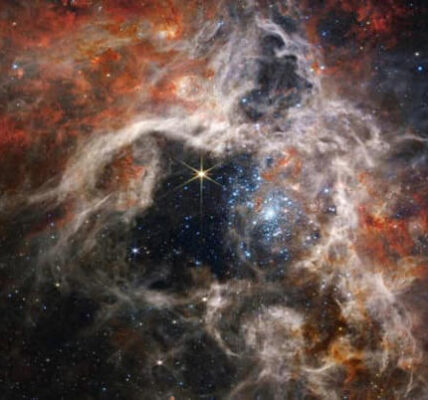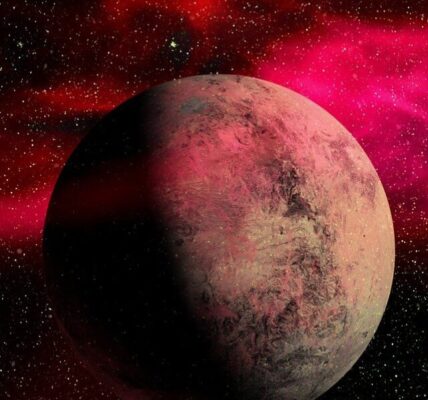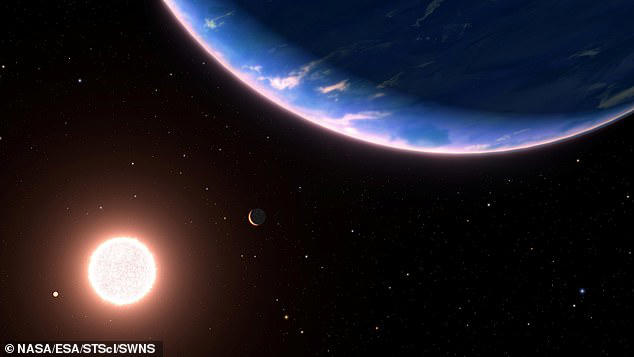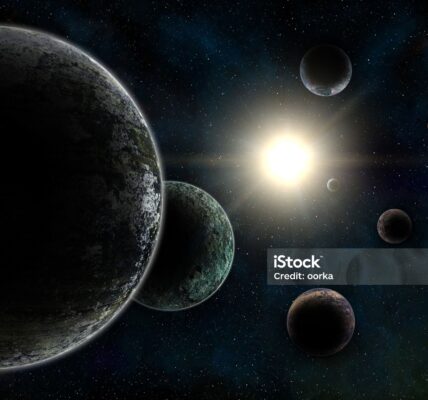Water Discovery on the Moon: Chinese Scientists Make Groundbreaking Find
Water Discovery on the Moon has become a hot topic thanks to a recent announcement by Chinese scientists. Their exploration of the Moon, specifically through samples collected by the Chang’e 5 mission, has revealed the presence of water in the Moon’s soil. This discovery, detailed in a new study published in Nature Astronomy, marks a significant milestone in lunar research.
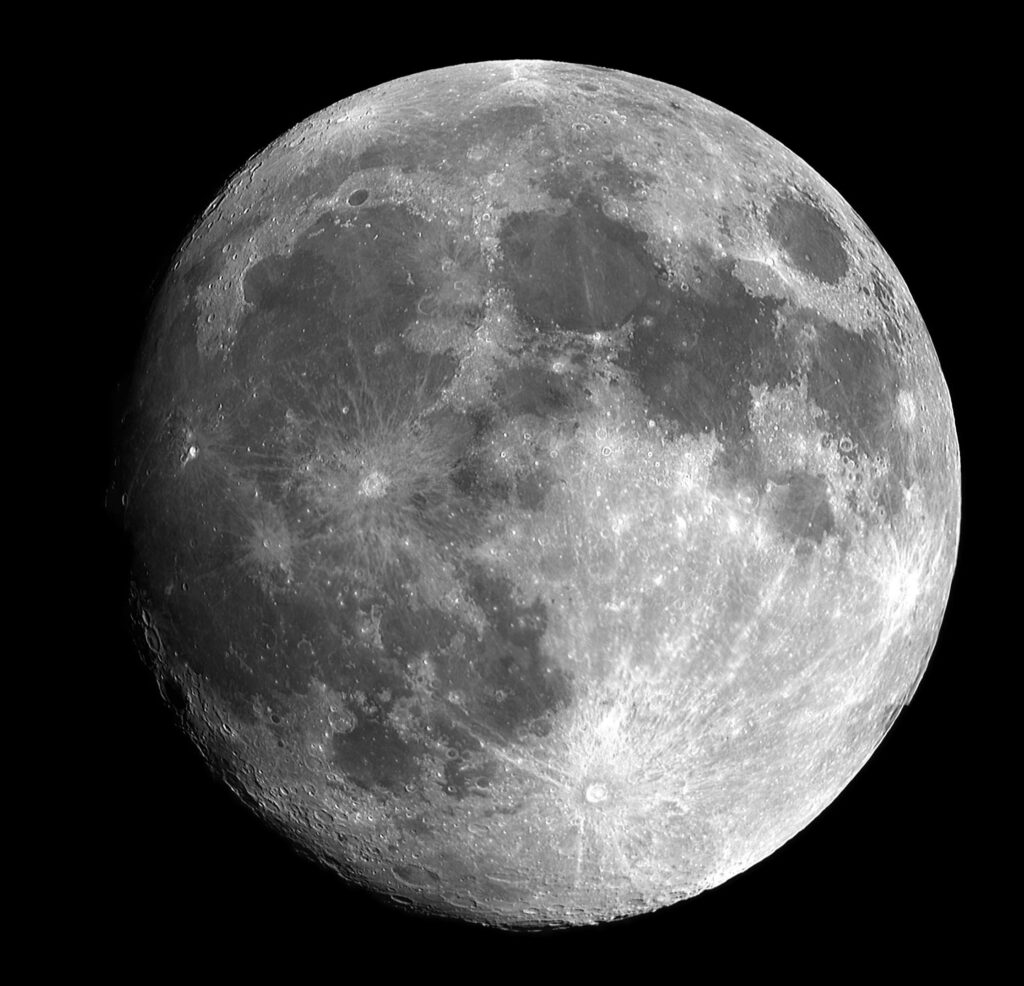
Moon
© Getty Images/500px
The Significance of the Discovery
Water Discovery on the Moon is not just a scientific curiosity; it has profound implications for future lunar missions and our understanding of the Moon’s environment. The research conducted by the Chinese Academy of Sciences found that water molecules can persist in sunlit areas of the Moon, but not in the form of liquid water. Instead, they appear as hydrated salts. This finding challenges previous notions about the Moon’s arid conditions and suggests that the Moon might have more potential for human exploration and resource utilization than previously thought.
How the Discovery Was Made
The Chang’e 5 mission, which collected soil samples from the Moon, played a crucial role in this discovery. Chinese scientists carefully analyzed these samples and found evidence of water molecules. Their research revealed that the water molecules remain stable in sunlit areas of the Moon, existing as hydrated salts rather than as free-standing water.
Historical Context of Lunar Water Discoveries
Water Discovery on the Moon is not entirely new. NASA’s infrared detectors identified water on the Moon in 2020, and earlier analyses of Apollo mission samples from the 1960s and 70s also found evidence of water. Apollo astronauts initially believed the Moon was dry, but this assumption was challenged in 2009 when India’s Chandrayaan-1 mission detected hydrated minerals on the lunar surface.
These previous discoveries laid the groundwork for understanding the Moon’s potential for water resources. The recent findings by Chinese scientists build upon this knowledge and provide new insights into how water can exist on the Moon.
Implications for Future Space Exploration
The Water Discovery on the Moon has significant implications for future space missions. The presence of water, even in the form of hydrated salts, suggests that the Moon could be a valuable resource for future lunar bases or missions. Water is a critical resource for human life, and finding it on the Moon opens up possibilities for supporting extended stays on the lunar surface.
China’s recent achievements in space exploration, including the Chang’e 5 mission and its plans to send astronauts to the Moon by 2030, highlight its growing capabilities in space technology. This latest discovery is a testament to China’s commitment to advancing its space program and closing the gap with other space-faring nations like the United States and Russia.
The Global Space Race
Water Discovery on the Moon also adds a new dimension to the global space race. While the United States and Russia have historically led space exploration efforts, China’s recent successes demonstrate its growing influence in this arena. The discovery of water on the Moon strengthens China’s position as a major player in space exploration and underscores its dedication to achieving its ambitious goals in space.
The findings by Chinese scientists contribute to a broader understanding of the Moon and its resources. As space agencies around the world continue to explore the Moon and other celestial bodies, discoveries like these will play a crucial role in shaping future space missions and the search for extraterrestrial resources.
Conclusion
The Water Discovery on the Moon by Chinese scientists is a groundbreaking achievement that could have far-reaching effects on lunar exploration and space technology. By revealing the presence of water in the Moon’s soil, this discovery opens up new possibilities for human exploration and resource utilization. As China continues to make strides in space exploration, this finding represents a significant step forward in our quest to understand and utilize the Moon’s resources.
ALSO READ:
LHS 1140 b Potential Ocean World: 5 Exciting Discoveries!

